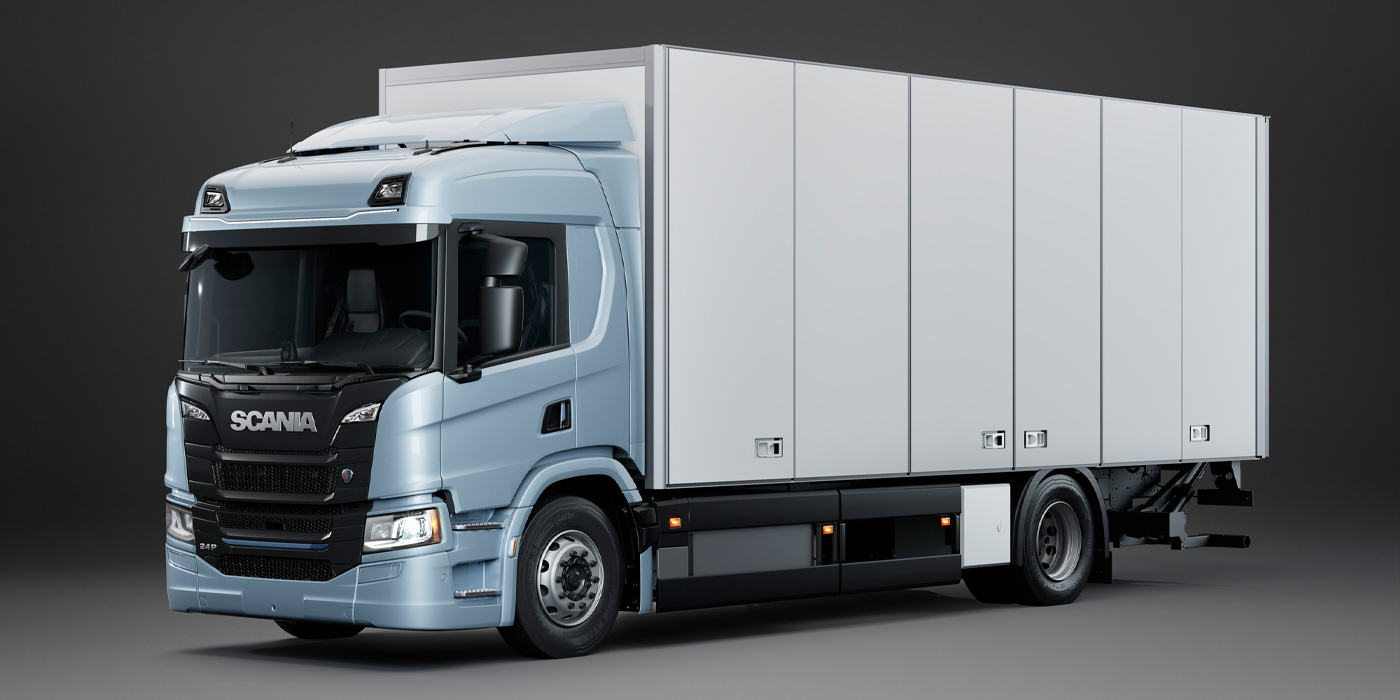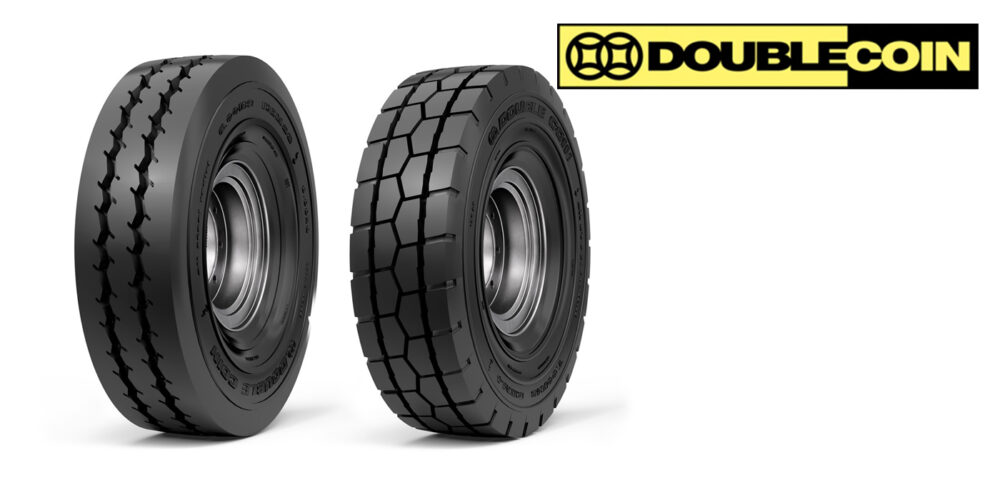For the fleet at ThyssenKrupp Elevator, propane power is the smart choice. In 2010, the Atlanta-based company’s fleet department started exploring ways to combat rising fuel costs. The result was the development of a protocol for analyzing alternative fuel vehicles, one that can serve as a model for other companies.
“We are challenged in today’s marketplace to go green,” said Tom Armstrong, ThyssenKrupp Elevator’s director of fleet, “We were determined to reduce our fuel consumption and find sustainable vehicles that work for us. With all the alternative fuel choices available today, we needed a tool to effectively justify each fuel or alternative fuel vehicle type.”
The “Five Cs” protocol of analyzing alternative-fueled vehicles was created by ThyssenKrupp to answer questions such as “Is it clean? Does it conserve? Is it cost-effective? Does it make common sense? Can you commit?”
According to Armstrong, propane autogas qualified for all Five Cs. Compared to gasoline, the fuel is clean, emitting up to 25% less greenhouse gases, about 20% less nitrogen oxide, and up to 60% less carbon monoxide. As a domestically-produced fuel, a byproduct of natural gas processing and petroleum refining, propane autogas also conserves natural resources.
As for cost effectiveness, Armstrong said the average price for gasoline has hovered around $3.75 per gallon while the company’s price for propane autogas per gallon averaged $2.30. This alone provides over $35,000 in annual fuel cost reductions for the 11 vehicles the company currently has in operation in Phoenix, each of which travels an average 25,000 miles annually.
Armstrong also reported that ThyssenKrupp Elevator’s propane autogas vehicles incur lower maintenance costs because the fuel burns cleaner than gasoline and diesel, causes significantly less carbon build-up and has the potential for increased engine life.
“The return on investment for the propane autogas vehicles in Phoenix should be roughly two years,” Armstrong said. “With an estimated six-year vehicle life, this means that we’ll see a positive return for the other four years we keep these vehicles in service.”
Once it identified propane autogas as the common sense choice of alternative fuel, ThyssenKrupp Elevator committed to fielding vehicles. The company selected Roush CleanTech to provide fuel systems, currently offered through authorized Ford dealerships around the country.
ThyssenKrupp Elevator is now running eight Roush CleanTech Ford E-150 vans and three Roush CleanTech Ford F-150 pickup trucks powered by propane autogas. The company has six more Ford E-150 vans and two Ford F-450 chassis cabs on order. By the second quarter of 2012, ThyssenKrupp Elevator’s 19 propane autogas vehicles will make up one-third of its fleet in Phoenix. In addition, six Ford E-150 vans are on order for Seattle, eight for Los Angeles, and ten for San Diego.
At ThyssenKrupp Elevator, the company’s drivers are assigned vehicles, which are taken home each night so they are available for customer emergencies. “An adequate local fueling infrastructure is required for each city in which we select to use the propane autogas vehicles,” Armstrong related. “We partnered with Ferrellgas in Phoenix to develop that infrastructure before the first trucks were even in service.”
The process included entering the home address of each driver into a system that Ferrellgas used to map out exactly where propane autogas fueling sites were needed. Ferrellgas then upgraded six refueling stations throughout Phoenix to be accessible 24 hours a day.
ThyssenKrupp Elevator, Armstrong noted, estimates it will displace more than 2,000 gal. of gasoline each year per vehicle by switching to propane autogas. Determined to reduce its carbon footprint 20% by 2015, and to reach an interim goal of 12 % improvement in fuel efficiency by the end of 2012, the company is making a smart choice for its operation in propane autogas alternative fuel powered vehicles.













